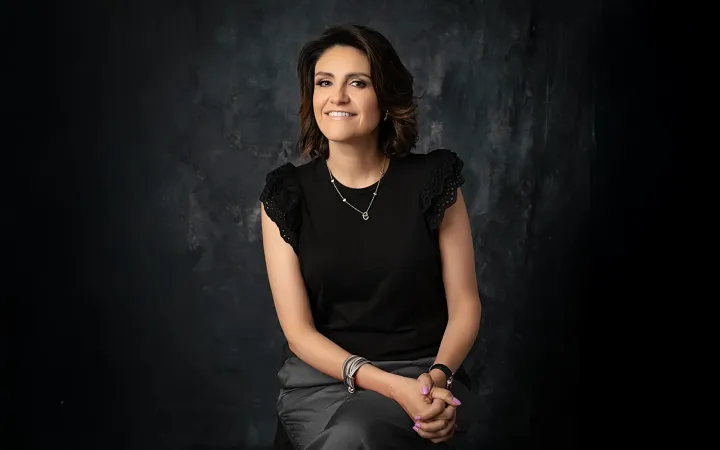Por Lourdes Encinas
Cuando era niña tenía un radio-reloj-despertador (todo un símbolo de modernidad de los ochenta) que me despertaba cada mañana para ir a la escuela.
Por las noches, lo encendía para dormir escuchando música. Casi siempre sintonizaba Radio Amor, que transmitía canciones románticas del recuerdo desde la ciudad de Hermosillo, las cuales me gustaban porque contaban historias con una estructura narrativa similar a la de los cuentos.
Mi canción favorita era Pajarillo, de José María Napoleón. Por supuesto, en aquel entonces no comprendía su verdadero significado. Así que creé mi propia versión a partir de la suya.
La letra de la canción hablaba de una joven que, según mi interpretación infantil, usaba maquillaje para transformarse en un ser de colores brillantes. Napoleón cantaba:
Maquillaje a granel usaba a diario / y vendía la piel a precio caro, / de las ocho a las diez en una esquina, / era joven y piel, era rosa y espina.
Yo no comprendía el significado real de estas palabras. Para mí no se trataba de una historia triste, sino de una transformación mágica.
Nunca supe quiénes eran ella ni el niño que la miraba de lejos. En mi imaginación, yo ocupaba su lugar: la observaba a la distancia, sin atreverme a interrumpir su conversión. Napoleón cantaba:
Se llamaba ... no sé ... nunca lo supe, / nunca le pregunté, nunca dispuse / de su tiempo y su piel, era un mocoso / y tan sólo le miré de pozo en pozo.
Desde mi perspectiva, no era sólo una mujer misteriosa: era un ser en metamorfosis, lista para volar. En mi mente, ella no caminaba de plaza en plaza, sino que literalmente se convertía en un pajarillo que se posaba a cantar en las ventanas de las casas.
Sus alas no eran blancas, sino coloridas, como las de las mariposas. Por eso, en su forma humana, se ponía mucho maquillaje para que su plumaje llenara de colores antes de alzarse en vuelo.
Yo no imaginaba tristeza en su historia, sino libertad. Pero la canción decía otra cosa:




